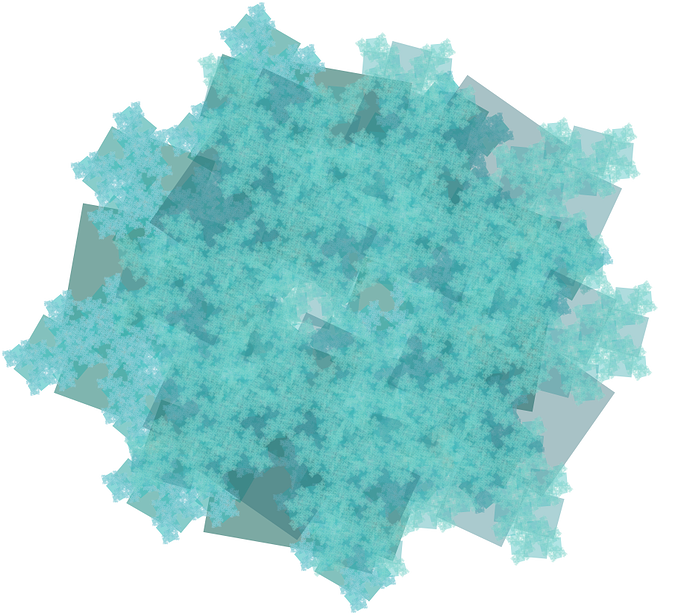Continuing the discussion from Transhumanist thinking:
The following Aeon article seems to be relevant in this respect:
##Hive consciousness
####New research puts us on the cusp of brain-to-brain communication. Could the next step spell the end of individual minds?
So, recent research seems to point towards the difficulty to maintain your individual identity once you hook up with other minds via a broad neural connection. That sounds scary indeed, because as the article ends:
Immersed in that pool – reduced from standalone soul down to neural subroutine – there might not be enough of you left to even want to get out again.
But what if it really feels totally awesome to be a higher consciousness that consists of multiple previous individuals? Isn’t that like catching a glimpse with becoming actually one with the cosmos? Shouldn’t those who are interested in actual self-transcendence look forward to that happening?
Yet, isn’t this just a glorified way to commit suicide and give birth to a whole new person? You might not be able to predict how that new person will turn out, or whether you would even like being a part (subroutine) of it. But then, we are also not very good at predicting how our own children will turn out, or the AIs we create.
Identity
A big issue for society when it comes to mind merging is how to deal with the issues surrounding identity of those new group/hive minds. Does the hive inherit everything its component “subminds” possessed? What if the fusion is temporary and minds can retain individuality again? Would we treat that event as something like a divorce? Is the old identity of the joining and then quitting mind continued, or is the mind that enters the hive a different person from that who leaves it?
Should the voting power of a hive mind be 1 or the sum of its constituent “subminds”, or something in between (something like the logarithm of the number of its neurons divided the logarithms of the number of neurons of a standard person)?
Should there be some kind of time limit after which a joining mind becomes an integral and inseparable part of a hive mind?
Would it be safe to join a hive mind for just a fixed short time period like a hour or a minute to find out whether one really likes the experience? After the time is up, you are automatically separated from the hive and thrown back into your own individuality.
Aliens among us?
Would “normal” humans treat those hive minds as something completely alien ? As weird technological artefacts like artificial general intelligences or uplifted non-human animals? How would society deal with those “newcomers” – especially when considering that normal humans would probably be quite scared from them? What rights would it be willing to grant them? Wouldn’t it try to restrict their rights to maintain their own privileges? Probably yes. Do we need to anticipate decades of new civil rights struggles for these new entities? I think so. Will all of that slow down progress? Most likely.
The adoption of these new technologies and entities will be rather slow due the societal issues that come with them. Or won’t it?
Wouldn’t married couples want to merge, no matter what? Wouldn’t humans want to become one with their AI assistants?
The future that we might end in would be rather strange. But I don’t see it ending it huge catastrophes. What seems mind-bending and incomprehensible for us now might soon become the new normality for our future selves and our progeny.
